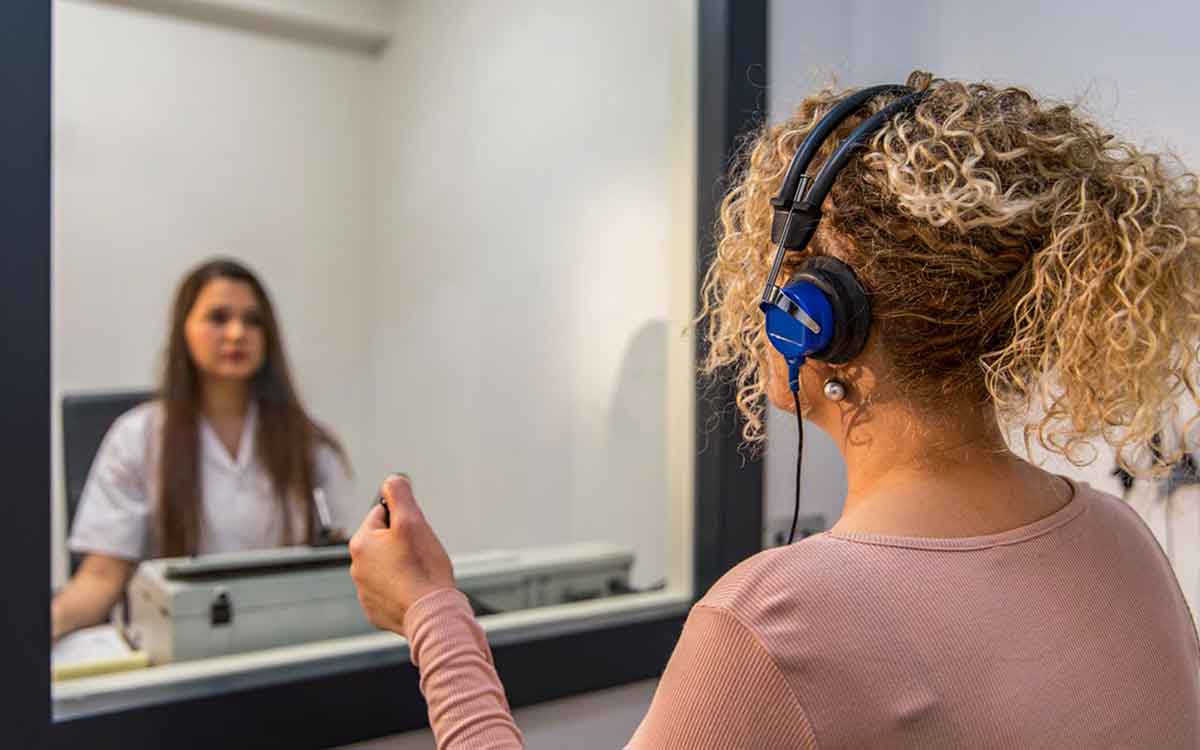
When should you schedule a hearing assessment? Here are some indications that suggest you should get your hearing evaluated.
Recently, my kids complained about how loud my TV was. Do you know what I said to them? I said, “What?!” It was amusing because it was a joke. But it also wasn’t. The television has been getting louder and louder. And I started to think about whether I should set up a hearing exam.
There aren’t many reasons not to set up a hearing exam. They aren’t invasive, there’s no radiation, and you don’t have to feel uneasy about discomfort. Just take a quick moment to book an appointment.
Given the significant effect that unaddressed hearing loss can have on your general well-being, it’s vital to be proactive about monitoring your hearing.
Indications you should get a hearing exam
If you’ve recently experienced any symptoms of hearing loss, it’s probably a good plan to get a professional hearing screening. If it’s difficult to hear, it most likely means there’s substantial hearing impairment.
- Ambient noise can be overwhelming: Have you ever struggled to hear a conversation in a loud or crowded setting, where the surrounding racket makes it tough to catch every word? That might be an indication of hearing loss.
- People always seem to be speaking unclearly: The problem may not always be volume but rather clarity.
- You’re always missing text messages: Your phone is designed to be loud. So, if you’re always missing calls or text messages, it might be because you aren’t hearing them.
- Persistent ringing sound: A continuous sensation of ringing in your ears, referred to as tinnitus, is typically an indication of damage to your hearing.
Here are several other situations that indicate you should arrange a hearing assessment:
- Your ear is still clogged following an infection
- Excess earwax has accumulated and can’t be removed by self-cleaning approaches
- You take specific medications that can damage your hearing
- It is difficult to pinpoint the source of sounds
- You have vertigo
Routine hearing evaluations
But what if you haven’t recognized any of these signs of hearing loss? Is there a guideline for how often you should get your hearing checked?
- It is recommended to have a baseline test completed after reaching the age of 21.
- For people with typical hearing, it’s recommended to have a hearing test every three years.
- If you display signs of hearing impairment, have it checked immediately and then every year afterwards.
Routine assessments can help you detect hearing loss before any warnings appear. Prompt expert attention can considerably increase your chances of preserving healthy hearing over time. So you should decrease the volume on your television and think about setting up a hearing assessment.